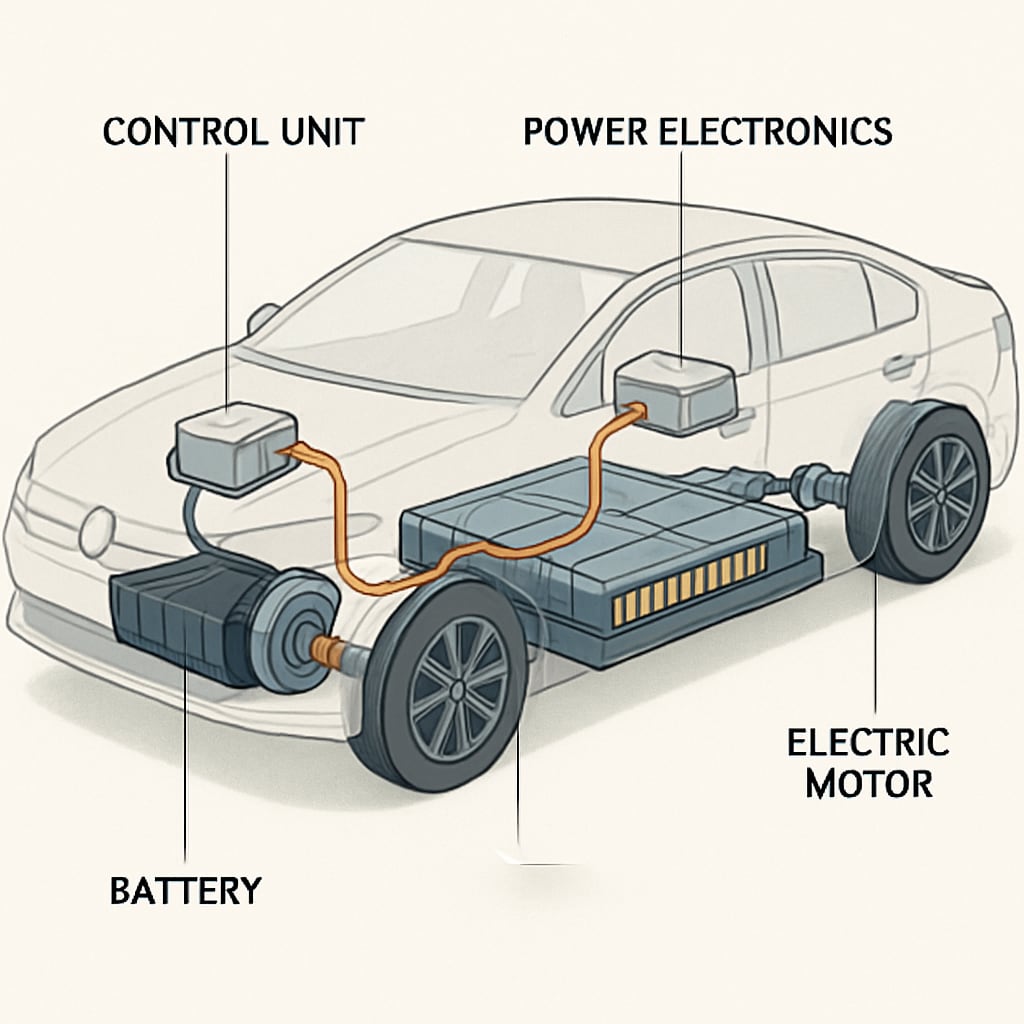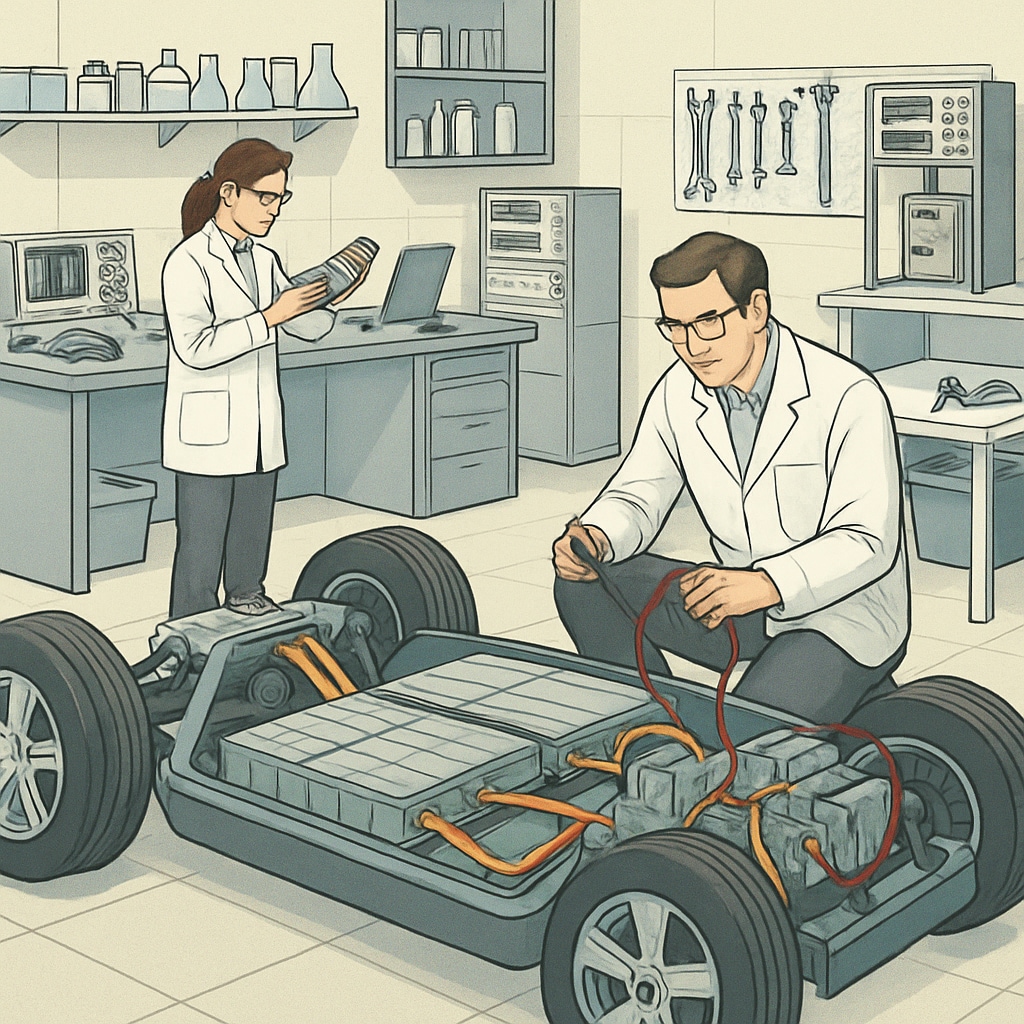The automotive industry is undergoing a profound transformation, with electrification and smart technologies redefining its future. In this context, “electrical knowledge in automotive” has emerged as a cornerstone for career advancement. Professionals equipped with expertise in electrical systems are better positioned to thrive in this era of innovation, unlocking opportunities in areas like electric vehicles (EVs), autonomous systems, and sustainable energy solutions.
The Growing Importance of Electrical Knowledge in Automotive Careers
As global demand for electric vehicles surges, the automotive sector is increasingly reliant on electrical engineering. Traditional mechanical skills alone are no longer sufficient for professionals aiming to stay competitive. For example, understanding battery management systems, electric powertrains, and vehicle control units has become essential. In addition, knowledge of software integration and IoT (Internet of Things) applications is critical as cars evolve into connected devices.
Today’s automotive professionals must embrace continuous learning to adapt to these changes. Whether through formal education, online courses, or hands-on experience, acquiring electrical expertise can set individuals apart from their peers. According to Britannica’s overview on electric cars, the rise of EVs has created unprecedented demand for engineers skilled in both electrical and mechanical systems.

How Electrical Education Drives Professional Growth
Investing in electrical education is not just about gaining knowledge—it’s a strategic decision for career growth. Learning electrical systems enables professionals to contribute to critical areas such as:
- Battery Technologies: Understanding lithium-ion batteries, charging systems, and energy storage solutions.
- Autonomous Driving: Designing sensors, actuators, and control systems for self-driving cars.
- Sustainable Energy Integration: Developing solutions for renewable energy sources in automotive applications.
Moreover, hands-on experience is key. Practical exposure through internships or industry projects can help bridge the gap between theoretical knowledge and real-world application. For example, working on EV prototypes or collaborating with tech companies provides invaluable skills that translate directly to job opportunities.

Adapting to a Transformative Era
The automotive industry is evolving faster than ever, and professionals must adapt proactively. For those entering the field or seeking to advance their careers, focusing on electrical systems is a strategic move. As a result, universities, training programs, and certification bodies have responded by offering specialized courses in automotive electrification and smart technologies.
Additionally, partnerships between educational institutions and industry leaders have created pathways for learning that directly align with market needs. For instance, companies like Tesla and Rivian often collaborate with engineering schools, ensuring graduates are prepared for the demands of cutting-edge automotive technologies. According to Wikipedia’s entry on electric vehicles, these collaborations are instrumental in fostering innovation and developing the next generation of automotive talent.
Looking ahead, the ability to understand and implement electrical systems will remain a defining skill in the automotive industry. Professionals who invest in these capabilities will find themselves at the forefront of innovation, driving the shift toward a more sustainable and intelligent future.
Readability guidance: This article uses concise paragraphs, lists to summarize key points, and incorporates authoritative references to enhance clarity and credibility. Emphasis is placed on active voice and transitional phrases to ensure smooth reading flow.


